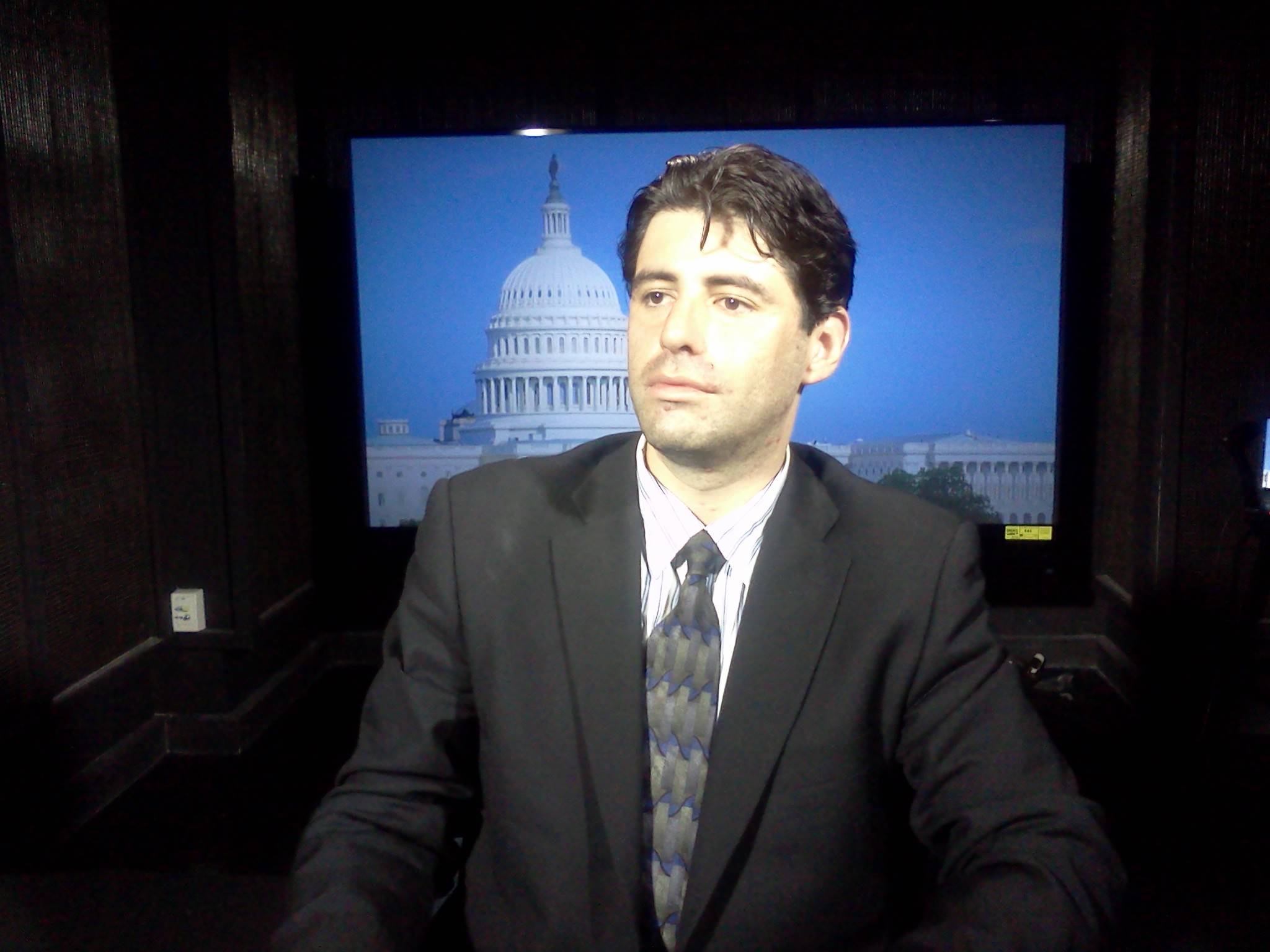The Republic of Moldova is entering a new era after the events of June 2019, with the rise to power of Prime Minister Maia Sandu, the first woman to ever hold this position, and an agreement of sorts between Washington and Moscow to support the political changes that have been taking place within the landlocked southeastern European state over the last two months.
This is the ideal time to strengthen Washington-Chisinau relations, as the small European country attempts to become a reliable and stable partner for both the US and Europe.
Recent Developments
Summarizing Moldovan geopolitics or domestic politics is highly complicated. The country held parliamentary elections in February—Moldova is a parliamentary democracy where the prime minister is the main authority and the president has symbolic powers—which did not result in any major party winning enough seats to form a government. After long negotiations between the Socialist Party and the political bloc ACUM, a coalition was finally formed in June. The Democratic party’s leader, the influential politician and businessman Vladimir Plahotniuc, went into self-imposed exile, along with several other powerful members of Moldova’s elite. The Moldovan population has cheered this move, as the Democrats have long been regarded as having unfair control of the country, while Prime Minister Sandu belongs to a new political bloc, ACUM, that was formed to fight corruption and promote closer ties with Europe.
Moldova’s other ever-present challenge is its secessionist region, Transnistria, located on the eastern bank of the Dniester River and supported by the Russian Federation. The Moldovan government has tried to balance its pro-West (meaning Washington and Europe) and pro-Russia ties for decades, since achieving independence in 1991 from the Soviet Union.
The Washington-Chisinau Relationship
In recent years, the Moldovan government has pushed for closer ties with Europe and the US. For example, in 2009 Moldova joined the European Union’s Eastern Partnership program, and in 2014 Chisinau and Brussels signed an association agreement.
Regarding Washington-Chisinau ties, defense cooperation is the cornerstone of this partnership. For example, Moldovan troops regularly train with the North Carolina National Guard as part of the latter’s state partnership program. Over 100 Moldovan troops recently participated in Exercise Agile Hunter 2019 in California. Moreover, US troops are also revamping Moldovan military facilities, particularly in Bulboaca, south of Chisinau, to help Moldovan troops participate in UN peacekeeping missions. In 2018, Moldova deployed its first-ever military attaché to an embassy, and the government unsurprisingly chose the US—an obvious sign of the high regard Chisinau puts in its defense relations with Washington.
On the other hand, trade appears to be minimal, though Moldova participated in the Select USA investment summit in Washington, held in early June.
After June 2019
Washington welcomed the change of government that occurred in June. For example, a US State Department press release explained that “we are encouraged that both the new coalition and the former government have committed to a peaceful transfer of power reflecting the will of the people of Moldova.” Weeks later, in July, Undersecretary David Hale visited Chisinau and met Prime Minister Sandu. The two policymakers discussed topics like how “to implement constructive reforms and US support for the government’s focus on anti-corruption measures.”
As a sign of renewed faith in Moldova, USAID has offered to increase its development assistance to the European state by $29 million (the agency has already pledged $100 million in aid), which will be of great help to reforms in the Moldovan judiciary and its industries, particularly the wine sector. The draft of the Moldovan government’s new National Action Plan places Chisinau-Washington relations in high regard, as they include plans to relaunch the US-Moldova strategic dialogue (by focusing on economic, security, and defense areas) and implement Washington’s guidelines and conditions for financial assistance.
Apart from recent changes in Moldova, Washington remains part of the 5+2 initiative to find a lasting solution to the Moldova-Transnistria question. (This group includes Moldova and Transnistria as the two sides; Ukraine, the Organization for Security and Cooperation in Europe [OSCE], and the European Union as mediators; and Russia and the US as observers).
Finally, it is important to mention that, in spite of the plethora of issues between the US and Russia, the situation in Moldova is one of the few places where both governments can agree. Namely, Washington and Moscow supported the eviction of Plahotniuc and his Democratic Party from power. This feat was highlighted by media outlets in both countries. Case in point, The Moscow Times published an op-ed in June titled “Moldova is the one thing Russia and the West can agree on” while The Washington Post published an article titled “Wait — why are the U.S., Russia and the E.U. suddenly cooperating in Moldova?” Moldova is not enough to create a rapprochement between Washington and Moscow, particularly given the latter’s support for secessionist Transnistria, but such joint initiatives by the two global superpowers are always a positive development.
The North Carolina-Moldova Connection
Not everything is geopolitics or defense issues, and US civil society already knows and cares about Moldova. Namely, policymakers in Chisinau and the North Carolina state government have utilized the aforementioned national guard initiative to foster closer relations on non-military issues, such as education, health services, entrepreneurial activities, as well as humanitarian assistance.
For example, North Carolina donated a total of 3,900 textbooks and more than 670 classroom posters to Moldova in March 2016, while the New Hanover Regional Medical Centre sent medical supplies in 2018. The Moldova World Children’s Fund, based in Hendersonville, North Carolina, is also an example of this important cooperation between the two sides.
This partnership was renewed for another five-years in May during a ceremony in Chisinau with “NC Secretary of State Elaine F. Marshall, who co-chairs the North Carolina/Moldova Bilateral Committee,” as well as then-Prime Minister Pavel Filip. Unsurprisingly, Moldova’s new National Action Plan also seeks to deepen relations with North Carolina.
Final Thoughts: Moldova’s Geopolitical Value to Washington
Moldova is already important to the US military, as exemplified by the state partnership program and the US presence in Moldova’s Bulboaca facilities. The fact that Bulboaca is close to the Dniester River and only 30 km from Tiraspol, the so-called capital of Transnistria, hints that the US military wants to monitor the breakaway region and the Russian troops stationed there. North Carolina’s state government, national guard, and civil society similarly value their relations with the European state.
During her meeting with USAID’s Bureau for Europe and Eurasia assistant administrator, Brock Bierman, in early July, Prime Minister Sandu stated that “this financial support will be used efficiently, transparently and correctly, especially in the interest of all citizens.” Washington should not only monitor that these funds are properly utilized to benefit all Moldovan citizens, but it should also continue to support the positive momentum we are witnessing in Moldova.
Wilder Alejandro Sanchez is an analyst who focuses on geopolitical, military, and cybersecurity issues.
Lucia Scripcari is a Moldovan citizen and lawyer in Turkey. She is a recent graduate of Sehir University (Istanbul).
The views expressed in this article are those of the authors alone and do not necessarily reflect those of any institutions with which the authors are associated.







 Sponsor a student for Christianity & National Security 2024
Sponsor a student for Christianity & National Security 2024